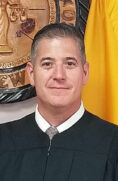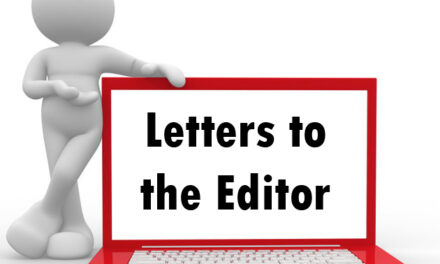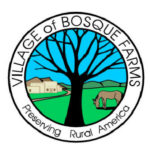
Judge John Chavez
Much has been written on the seemingly unusual relationship between Justices Ruth Bader Ginsberg and Antonin Scalia.
While ideological opposites, they maintained a vibrant friendship. In U.S. Supreme Court opinions, they were often in dissent with the other. Exceptions can be found in Fourth Amendment cases.
While we often hear much about the First Amendment and the Second Amendment, we don’t hear much about the Fourth Amendment. To be honest, until I took the bench, I did not give its due attention either. So what does it say?
It reads, “The right of the people to be secure in their persons, houses, papers, and effects, against unreasonable searches and seizures, shall not be violated, and no warrants shall issue, but upon probable cause, supported by oath or affirmation, and particularly describing the place to be searched, and the persons or things to be seized.”
In all that language, you probably find some familiar terms such as warrants, search and seizure. Your favorite police drama probably refers to getting a search or arrest warrant signed by a judge. The shows often depict a judge getting into an elevator and or leaving their office when the officers arrive as if approving a warrant was a trivial task. I always chuckle when I hear the dialogue, “I know a friendly judge that will sign off on this.”
The truth is, this is not a passing task for a judge. First of all, while the officer may explain orally why they are seeking a warrant, what matters is what is written on the documents. Within the “four-corners,” as it is referred to, the document must clearly state what probable cause the officer has to arrest a person or to search that person’s house, papers or property.
Probable cause is a standard in which a reasonable person would agree that either the arrest of person for an alleged crime or a search for evidence in the investigation of an alleged crime is justified. In legal terms, it is a lower standard than preponderance of evidence, clear and convincing or beyond a reasonable doubt but higher than a hunch or suspicion.
Fourth Amendment cases are increasingly becoming more common as they explore new boundaries of the law. In three such cases, Justices Ginsberg and Scalia found common ground. In one, the use of thermal imaging played a role, in another the use of GPS trackers and in the third the use of a drug dog.
The use and complexity of data storage and electronic devices is constantly increasing. Likewise, technology use, such as unmanned aerial vehicles and home smart devices, are on the rise. These advances provide new challenges for our courts to explore.
One of the requirements for a warrant is an “oath of affirmation.” When I became a judge nearly seven years ago, officers would routinely come to my home or track me down in town where I would review their warrant and then take their oath. Today, it is more typical for an officer to call me, email me and then for me to take their oath telephonically.
Another element is a “particular” description. It is not good enough to say, “John Chavez of New Mexico” or “A house on Main Street.” Descriptors, such as a date of birth or a specific address, are essential to identification. Ensuring that the right place is searched, or the right person is arrested is something that a judge must pay close attention to.
In New Mexico, your federal Fourth Amendment rights are found in Article II, Section 10 of our state Constitution. The language is slightly different, but the underlying protections are essentially the same.
However, as New Mexicans we do enjoy greater Fourth Amendment protections. For example, New Mexico case law has made it very clear that a warrant is required for a search of the trash you place in your garbage bin.
In another case, the use of a low flying helicopter was deemed to be an unreasonable intrusion. Automobile searches in New Mexico are also more stringent, requiring that exigent circumstances, or a pressing need, exist.
As a nation, we owe a debt of gratitude to both Justices Ginsberg and Scalia. First for the service as respected jurists. Second for their clarification of Fourth Amendment issues.
But perhaps more importantly, for the example they set in reaching common ground, setting aside ideological differences and simply being good friends.
(Magistrate Judge John R. Chavez is the magistrate in Belen. He is a native of Valencia County and is a retired U.S. Army colonel.)

Judge John Chavez, guest columnist
Magistrate Judge John R. Chavez is the magistrate in Belen. He is a native of Valencia County and is a retired U.S. Army colonel.















